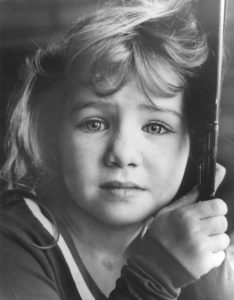 I used to get terribly angry when I was wronged or when I witnessed an injustice like stigma. I still do. With passion I fought, one of my favourite scriptures close at hand.
I used to get terribly angry when I was wronged or when I witnessed an injustice like stigma. I still do. With passion I fought, one of my favourite scriptures close at hand.
Blessed are those who hunger and thirst for righteousness, for they will be filled. (Matthew 5:6)
But does being hungry for justice necessarily mean attacking it with anger? My dialectical behavior therapy (DBT) tells there is a healthier way. Using “radical acceptance” I’m learning not to judge how I was wronged but to let God judge. I’m learning to acknowledge what happened and the pain it caused, and then move on.
Through DBT I’m finding my way through this story I’m now writing, preparing to let go, safely recording it so that others may learn.
I’ve had extremely hard times with the hurt I suffered from everything that happened. But the greatest pain of all came when I was excluded from a group. It was important to me. I had only one friend left who would spend time with me. Was it because I had spent so much time ministering to people with mental illness that I had missed opportunities for other friendships? …Or was it something else?
I eagerly put my name down to join the group. But two days before the first meeting I received a call telling me that I would be excluded. The original reason given was that there were already two participants with mental health problems. To have me there as well would be unhealthy for the group.
I was the only one excluded. And why was I singled out? This question has repeated itself many times ever since. After giving so much to my support group why could I now not receive something I needed for myself? For days I begged the organizers to change their minds, telling them how wrong they were to do this.
I cried and yelled louder than I ever had in the past and probably ever will again. The pain was excruciating. The anger, over the top.
marja
Leave a Reply